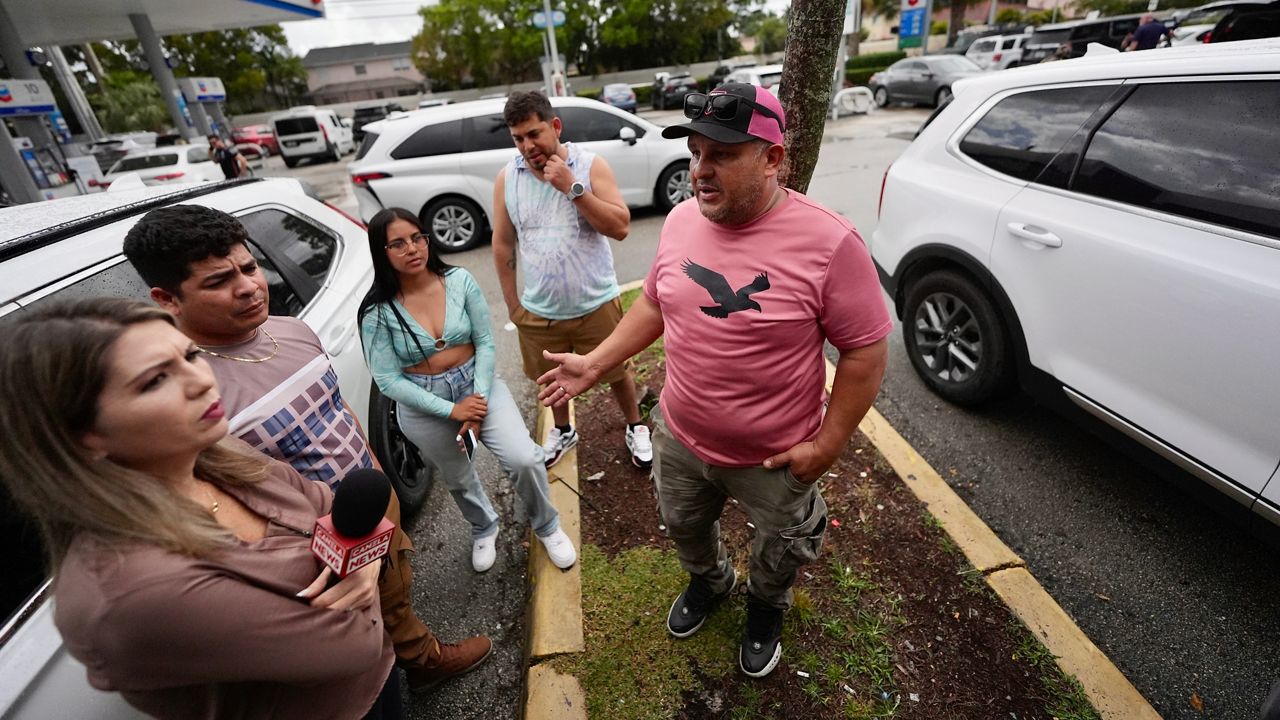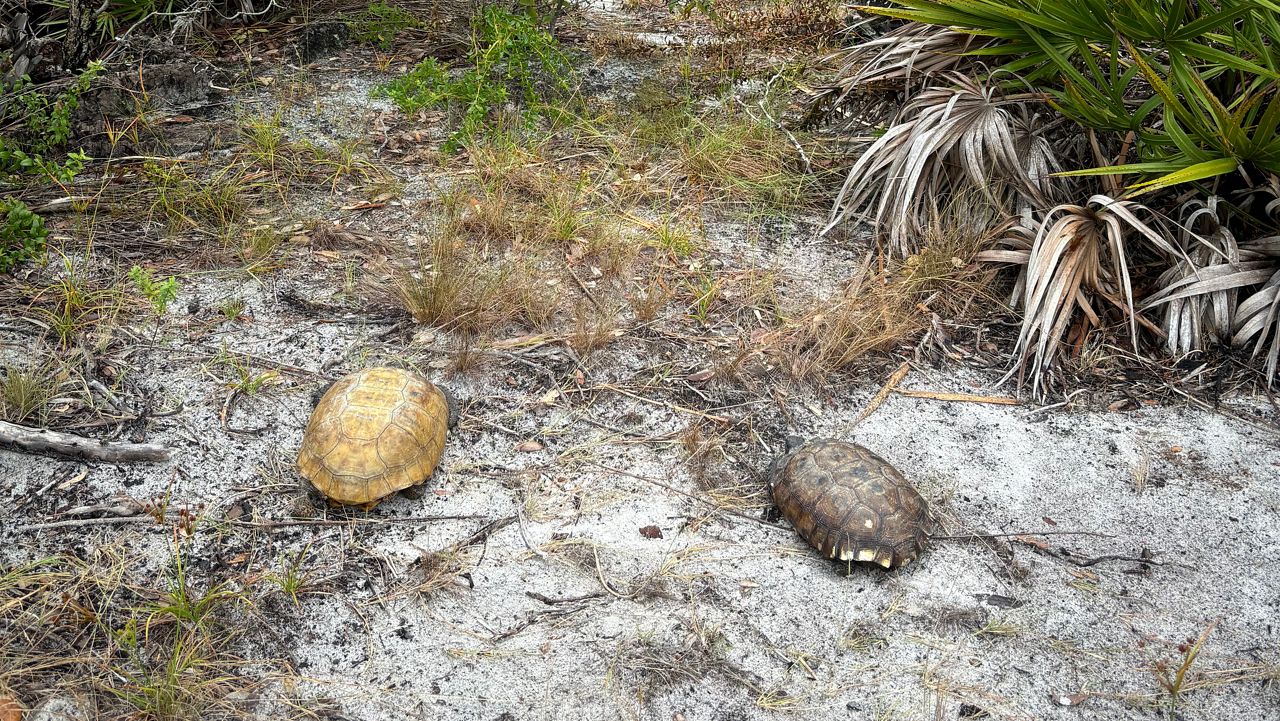Charlie Justice’s pitch to voters as he seeks a third four-year term on the Pinellas County Commission is succinct - in troubled times, stick with stability in local government.
What You Need To Know
- Charlie Justice looking for a third four-year term
- Tammy Vasquez says new ideas needed on board
- More Election 2020 headlines
“In my time on the commission, we have consensus building,” Justice says. “We have thoughtful leadership. We’re working on the issues that people care about. We don’t let the partisan bickering get in there. That is a big part of why I’ve been successful, and why I should go back.”
For Tammy Vasquez, her main pitch to voters is that it’s time for some new blood on the Board of County Commissioners.
“There are commissioners who have been there 20-22 years, and it just shouldn’t be a retirement position,” she says. “We need change. We need different views.”
Vasquez is a small business owner. Her Bark Life pet store in Seminole was shut down for a short time in April following Gov. Ron DeSantis’ “safer-at home” order calling for only essential businesses to stay open because of the coronavirus pandemic. She says during that free time she began watching county commission meetings and didn’t like what she saw, prompting her to get into the race to challenge Justice, a Democrat who previously served in the Florida House before being elected to the board in 2012.
One of her big issues is calling for term limits in Pinellas County. Voters approved such a measure in 1996, but that vote was challenged in the courts and has never been implemented.
Both Justice and Janet Long are running for a third term in office. Commissioner Ken Welch is stepping down this fall after having served five terms on the board, and Commissioner Karen Seel has served in office since 1998, and was just reelected to another four-year term this summer after no candidate entered the race to oppose her.
“Politicians should listen to the voters,” Vasquez says, noting the 1996 vote. “I will serve eight (years) and be done, and I will sign something stating that.”
Justice says that the courts have ruled that the ’96 measure “wasn’t a proper ballot initiative,” and that except for a few county residents, he never hears much criticism about term limits until election time.
He cites investments in infrastructure, dealing with poverty areas and continuing support for environmental efforts (specifically noting that millions of dollars have been spent on cleaning up Lake Seminole) as developments that have taken place on the board over the past eight years that he’s proud of.
On transportation, Justice says the board is working to ensure that they connect areas of housing with areas of employment.
Vasquez is critical of PSTA’s 10-mile bus rapid transit project that will connect downtown St. Petersburg to St. Pete Beach. The route is slated to run along First Avenue North and First Avenue South. She says that will add traffic to those two roads.
“The people of St. Pete Beach have spoken up in many meetings and said they don’t want it,” she says of the route. “I’m not saying that maybe they shouldn’t do it. I’m just saying that there were much better options.”
Regarding tourism, Vasquez says that while she believes Visit St. Petersburg-Clearwater does a good job, she believes they are missing out by not promoting the local fishing environment in Pinellas as robustly as other Florida communities like Key West does.
“We have some of the best fishing here in the state of Florida and actually nationwide,” she says. “We don’t tell anybody about it. We tell people about our beaches and our golf courses. I think we’re really missing that.”
The commission’s mask ordinance has provoked intense criticism from some members of the public during their Zoom meetings since it was introduced this spring.
Vasquez says she’s been unfairly labeled “an anti-masker.”
“I am not an anti-masker. I’m a constitutionalist. And I have no problem if a business wants to force people to wear a mask,” she says, adding that she herself wears a mask when going into businesses. When asked if the mask ordinance should continue to stay in place, she says “the time has definitely come that we have to re-look at everything.”
Justice says commissioners shouldn’t make decisions based on who is “the loudest voice in the room.”
“We have a million people,” he says about the county’s population. “So if you have ten percent of a group that believes something, that’s 100,000 people in Pinellas County. So it’s not without some volume. We have people who are very passionate, very intense about when they call.”
The interest in Pinellas County for the election has been intense. As of Wednesday afternoon, more than 244,000 voters have cast ballots in Pinellas, more than 34 percent of all registered voters in the county.





